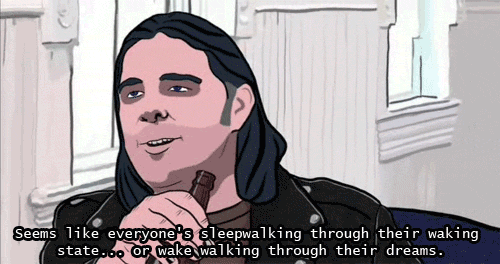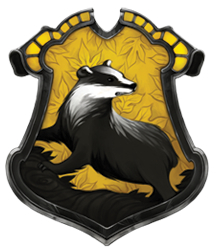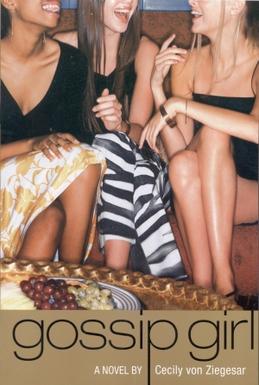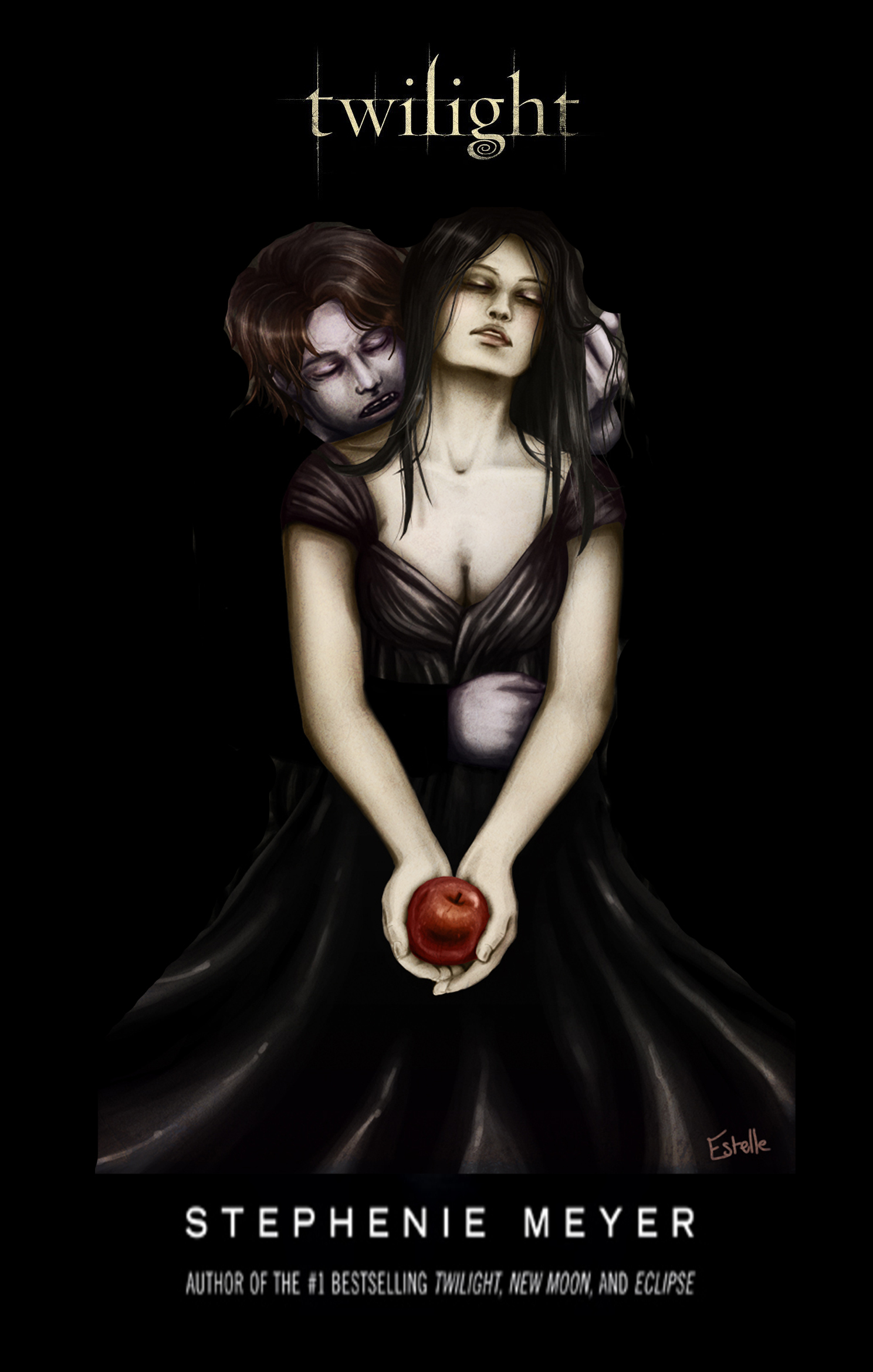A popular topic of discussion/marvel/confusion in class today was how the
Twilight saga got to be so popular. Well, here's my theory...
The first time I read
Twilight was as an eight grader, so this would have been the year 2007, one year before the movie was released. One thing that I don't think a lot of people know about/remember from being a middle schooler in the 2000's is how bad other popular books were at this time. In comparison,
Twilight was probably around a B+. These are some of the other books that were popular around this time:
Not to judge books by their covers, but you can guess from these images that the quality of popular books in middle school was probably not that high...
Another thing about this short time period was that a fun new culture was just starting to take off in middle schools across the country...
Doesn't it look like if you were going to take the traditional teenagey book and combine it with the above picture, it would look something like this?
So that is my theory on how Twilight got really popular. People complain about the writing a lot, but if you look at other books that were popular back then, this isn't too bad. That and people liked the slightly dark twist that this book had. The cover itself was mostly black with some red and white which were popular colors. But if you ask me why all of these books (such as The Clique, Gossip Girl, etc.) were popular, then I would be at a loss...
Anyway, now to discuss the relationships portrayed in Twilight...
The main-ish characters in this book are Bella, Charlie, Edward, Renée, Tyler, Eric, Mike, Jacob, Jessica, Carlisle, Esme, Rosalie, Alice, Jasper, Emmett, and James.
Bella's parents are Charlie and Renée. Charlie is a police officer who lives in Forks, and he is quiet and awkward but down-to-earth and generous. He buys Bella a truck to give her when she first arrives in Forks, though he doesn't have a lot of money. They share a small house that only has one bathroom and a living room the size of a handkerchief, as Bella described it. Charlie is still in love with Renée, and has pictures of her hanging in the house even though they have been divorced for many years after a very short marriage. Unlike Charlie, Renée is very outgoing and talkative. She lives in Arizona in a "lower-income neighborhood" even though the city overall is wealthy. Renée lives with a guy named Phil who plays for a minor-league baseball team. Bella appreciates Charlie's quietness even though she finds it awkward at times. It's less annoying to her than her mom's overly-talkativeness. Strangely, Bella thinks of herself as a quiet, awkward person, but to me, she seems very average in her social skills, and definitely more outgoing than Charlie.
Bella's high school friends/acquaintances are Tyler, Eric, Mike, and Jessica (along with some other less consequential people). Eric is the first person Bella meets, and she seems a little overly-judgey of him for someone who's supposedly bad at making friends and hasn't met anyone else yet and also is supposedly down-to-earth. On their first encounter, Bella tells him a bad joke and judges him when he doesn't laugh.
The second person Bella meets is Jessica. Jessica is a typical loud, popular high school girl. Bella is a bit overwhelmed by her but they form a decent friendship and go dress shopping and whatnot together. According to Edward, Jessica is very empty-headed... not much substance there, he says, unlike SUPER INTERESTING BELLA!
The other two (non-vampire) boys Bella befriends in this book are Mike and Tyler. Mike is one of the more popular boys in Forks High School (which again makes you wonder, why did Bella say she was shy and bad at making friends if she ending up making friends with some of the most popular people in school?). Also, he asks her out and shows interest in her many times, but Bella turns him down. Tyler is an idiot who almost hits Bella with his giant van, accidentally, of course.
Jacob Black is one of Bella's closer friends. He's pretty normal, but has just a little more depth than the other mortal boys Bella meets. He lives on the La Push Indian reservation. His dad, Billy, is friends with Bella's dad Charlie, and the tow of them go on fishing trips sometimes. Billy was also the one who sold Charlie the truck. In many ways, Jacob acts like the stereotypical all-American boy. He loves working on cars, and he also likes telling stories at campfires. He's big and strong but still cute...
The Cullen family consists of Carlisle, Esme, Rosalie, Emmett, Alice, Jasper, and Edward. The Cullens are a group of vampires who were "adopted" by Carlisle and converted to "vegetarianism," in which they eat a diet of only non-human meat. Because of this, their eyes are golden instead of red....? After Bella, Edward is the character who shows up the most in the book. He is a studbomb vampire who is constantly saying how he has a dark side and is dangerous for Bella, which just adds to his studly intrigue. For some reason, the scent of Bella's blood is much more tempting to him than normal blood, and that's why he's always really nervous about being around her and is constantly having to control his urges (so studly!). Also, Edward has the amazing ability to read minds. Actually, he can read everyone's mind except Bella's, which adds to his intrigue in her. That's why he assumes that her mind is really interesting and complicated, unlike that stupid Jessica person.
Carlisle is basically the leader of the Cullen clan. He has very strong morals. He refuses to eat humans, and won't let anyone join his clan if they don't agree to do the same. He works at the hospital as one of the top doctors. If someone is about to die, Carlisle will sometimes turn them into a vampire, which is how Edward became one. He's kind of a fatherly figure in some ways. He is married to Esme, the motherly figure. Rosalie is a beautiful blonde vampire who is really moody and doesn't like Bella very much. She kind of reminds me of the mermaids in Peter Pan who are like, "We were only trying to drown her..."She dates Emmett, who is bulky and testosteroney but nice. Alice is a cute small pixie-like vampire who can see the future. She approves of Bella and Edward's relationship more than any of the other Cullens.
One last side note, there were no vegetarian vampires that sucked on carrots in this book. That was Bunnicula.









